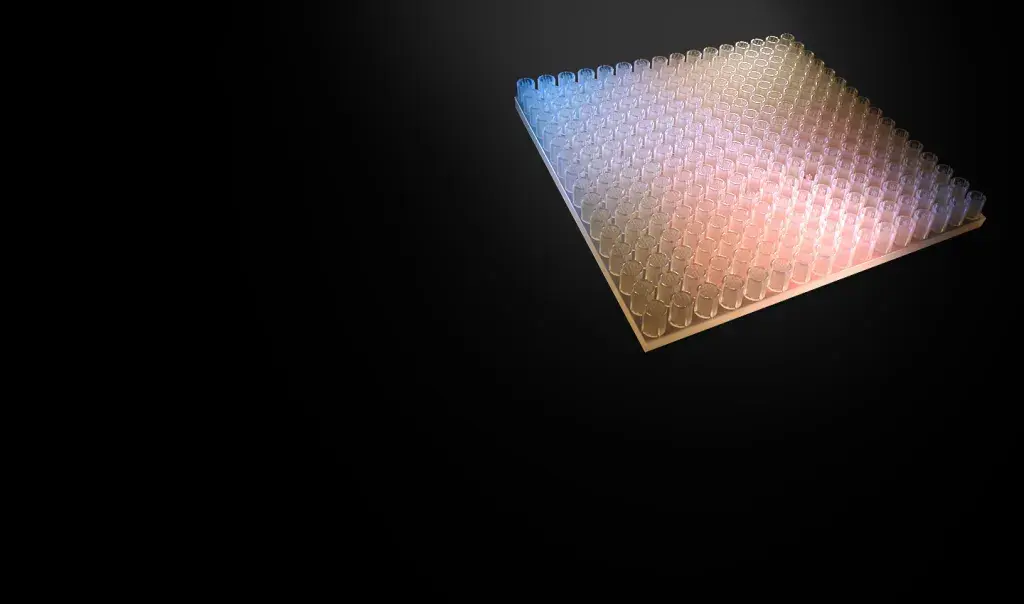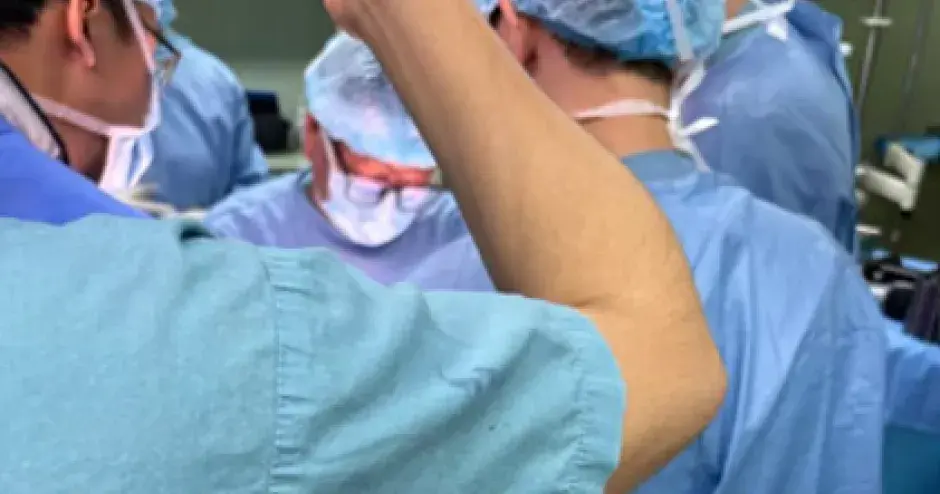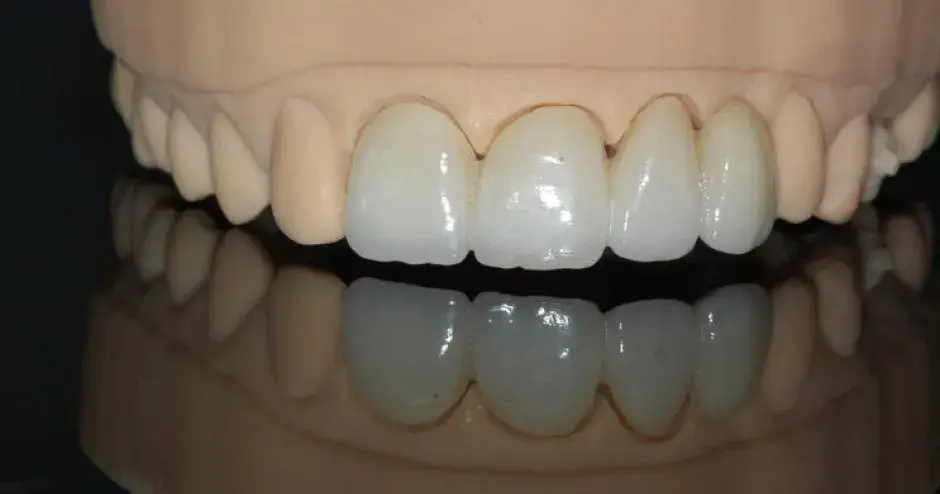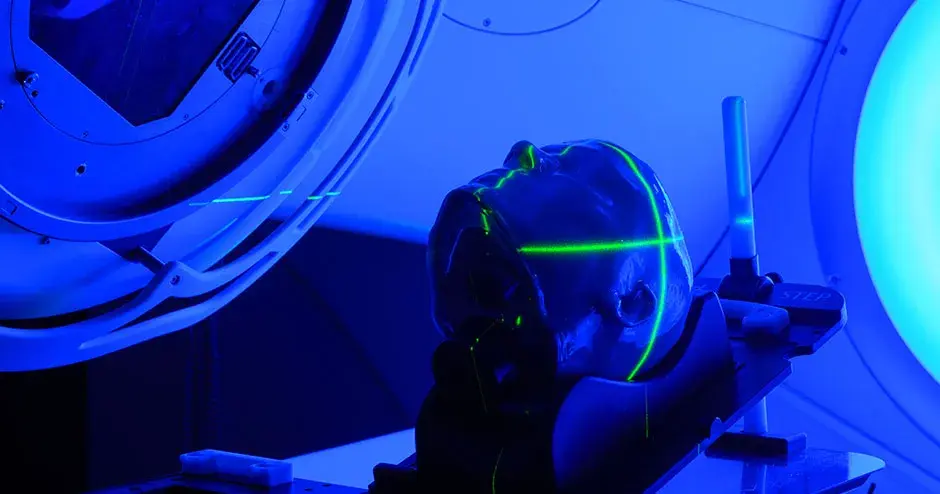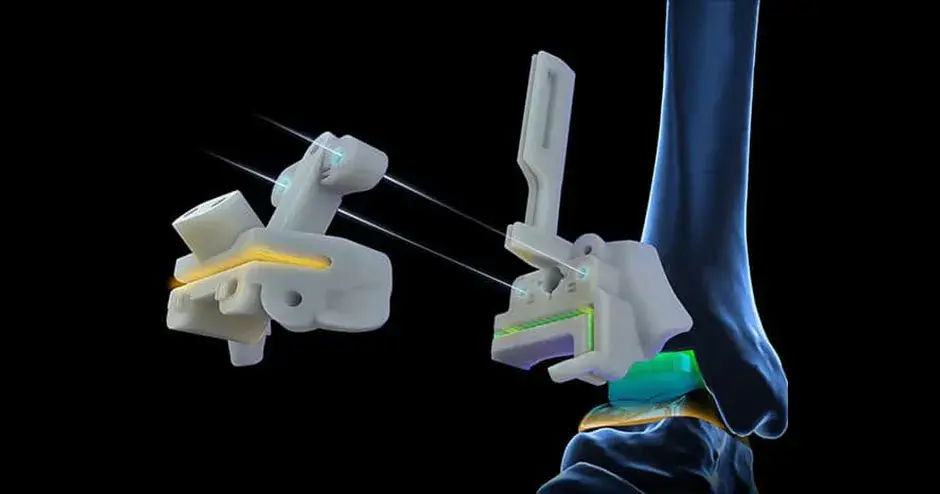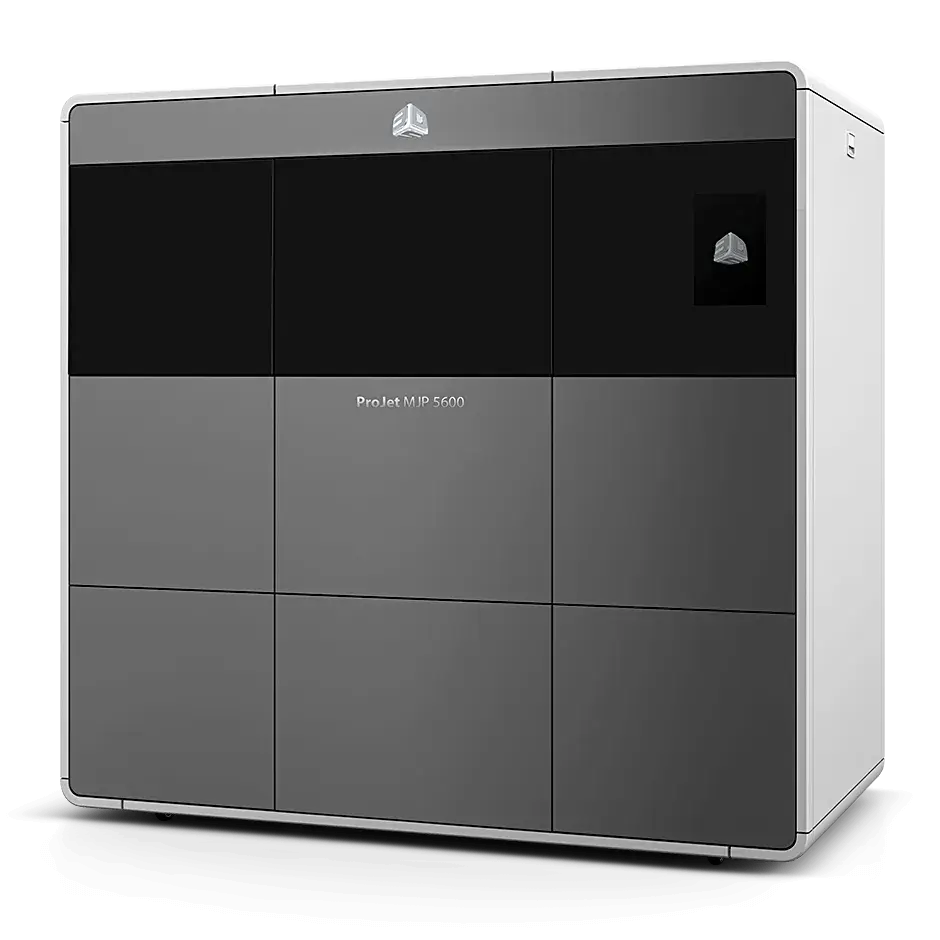"It fills us with great pride that our advanced manufacturing technologies such as lasers, micro-CNC and 3D printers are being used to promote research and development of new devices that will help improve our quality of life." Mike Davis, VP of Operations, Potomac Photonics
Stem cells have enormous potential in medical research due to their ability to convert into specialized cell types. One day they could provide a renewable source of replacement cells for people that require organ transplants or for patients suffering from diseases such as Parkinson’s, Type 1 diabetes and cardiovascular diseases.
To work towards these aims, Boston University found that it needed a controlled-cell microenvironment to manage and measure how stem cells interact with each other through direct contact and cell-secreted factors. These microenvironments required highly accurate, very robust parts with fine detail, so researchers turned to Potomac Photonics and the company’s 3D printers for assistance.
Potomac Photonics is a leader in micro-fabrication, helping customers develop miniature products and bringing them to market in areas such as medical devices, electronics, aerospace, and automotive. Potomac’s high-tech facility, located in Lanham, MD, is ISO 9001:2008 and ISO 13485:2003 certified.
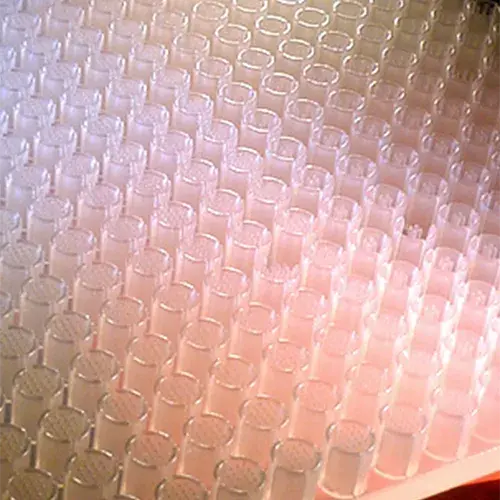
For this project, Potomac Photonics opted to use the ProJet MJP 3D printer by 3D Systems in order to deliver the high-resolution output required by the university. The ProJet MJP series uses UV-cured plastics that are jetted onto a build platform and can deliver an accuracy of 0.001-0.002 inches per inch of part dimension. The systems supports a wide range of materials that deliver a choice of high strength, flexibility, and ABS-like properties depending on the manufacturer’s requirements.
For the BU stem cell micro-environment project, Potomac Photonics fabricated precision stencils—specific patterns on which seeded stem cells will grow in a defined arrangement relative to each other. By preparing several varied stencils, the BU researchers hope to determine how the relative position and proximity of stem cells affect their differentiation efficiency and differentiated progeny.
This work, which was performed within Potomac Photonics’ Educational Manufacturing Initiative, demonstrates another novel way that 3D printing and advanced micro-manufacturing technologies are spearheading the development of innovative new applications and products. According to V.P. of Operations Mike Davis, “It fills us with great pride that our advanced manufacturing technologies such as lasers, micro-CNC and 3D printers are being used to promote research and development of new devices that will help improve our quality of life.”
